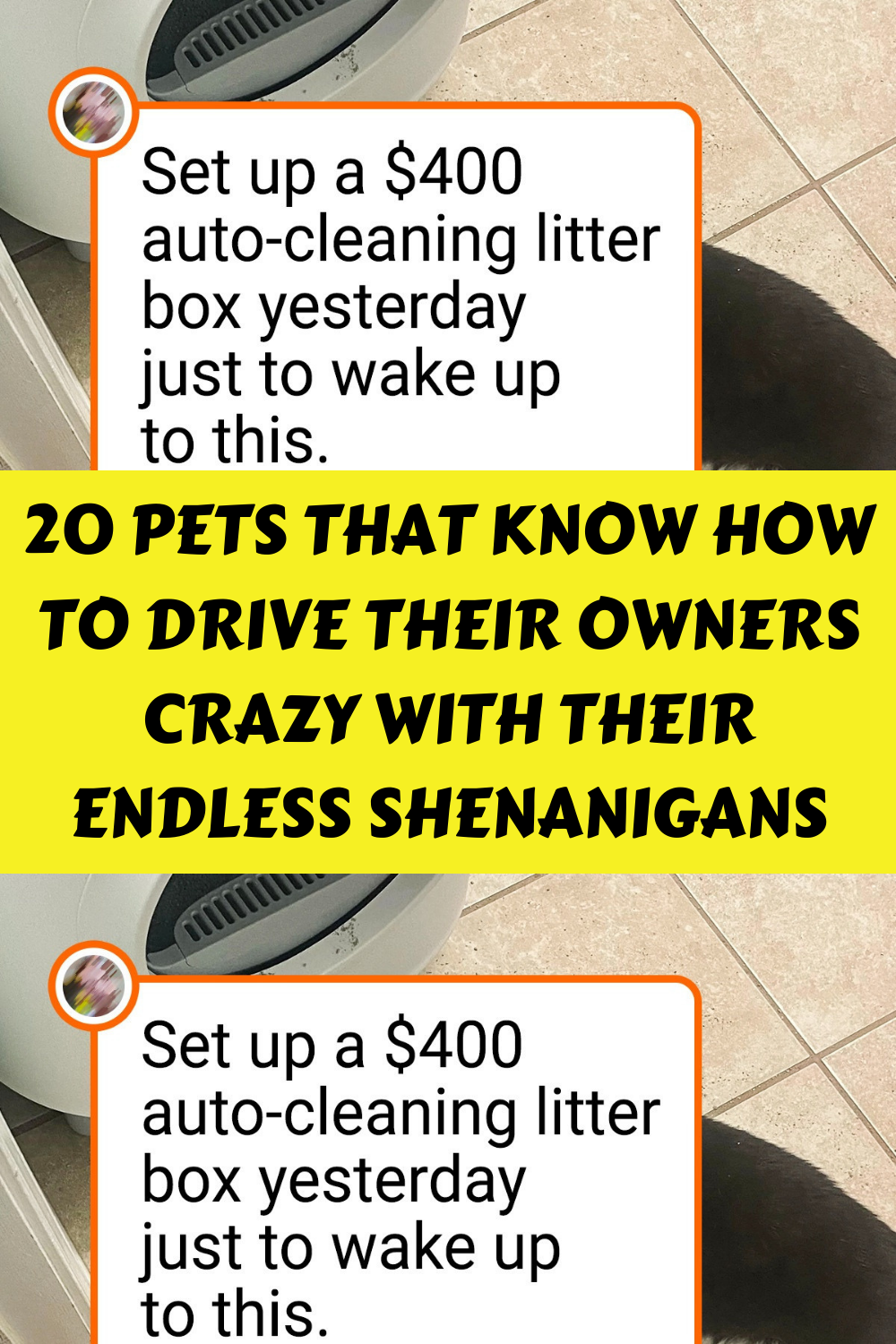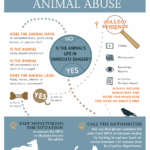As we delve into the world of pet ownership, one cannot help but ponder the myriad of personalities that inform the ways individuals engage with their furry, finned, or feathered companions. In a society where pets are increasingly regarded as family members, the variance in ownership styles can be as bewildering as it is entertaining. But have you ever wondered, what type of pet owners drive you crazy? This playful inquiry invites a closer inspection of the diverse spectrum of pet ownership, revealing both whimsical and troubling behaviors that can fray the nerves of even the most patient animal lover.
First, let’s confront the archetype of the **Neglectful Owner**. These individuals often regard their pets as adornments rather than as sentient beings deserving of care and attention. Imagine a dog left tethered in the backyard for hours on end, yearning for companionship and activity, or a cat with unkempt fur, overlooked and underfed. Such practices raise concerns about animal welfare and can elicit a visceral reaction. While some may offer the excuse of busy lifestyles, the neglect of an animal’s basic needs cannot be justified. These owners may drive fellow animal advocates to frustration as they strive to highlight the ethical implications of such negligence, often resorting to social media campaigns to confront these misguided caretakers.
Then, we encounter the **Overzealous Enthusiast**. These pet owners treat their pets as extensions of their own identity, draping them in elaborate costumes and parading them in public like trophies. While it’s charming to pamper one’s pet, the excess can be off-putting. Imagine attending a social gathering where a tiny dog is adorned with bejeweled collars and a matching tutu, being paraded around at the whim of its owner. Such displays may not only overshadow the animal’s needs but also alienate those who prefer a more grounded approach to companionship. The line between love and obsession can become precarious, as the wellbeing of the pet is overshadowed by the owner’s desire for validation.
Consider now the **Helicopter Parent** type of pet owner, who hovers incessantly, suffocating their pets with constant attention and oversight. Dogs may be precluded from enjoying unsupervised play because their owners believe in a rigid structure devoid of spontaneity. This approach may stem from well-founded concerns for a pet’s safety, yet it often veers into the tumultuous waters of anxiety, both for the owner and the pet. A dog that is not given the opportunity to explore, interact, and learn autonomy may develop behavioral issues stemming from excessive control. Such extreme behavior may baffle those who advocate for balanced, healthy relationships between pets and their owners.
Amidst these types resides the controversial **Social Media Maven**. This breed of pet owner utilizes their companion’s charm as a vehicle for personal branding. Pets are all too often transformed into social media influencers, curated to present an idealized lifestyle that may diverge starkly from reality. The underlying issue here is more than just the commodification of companionship; it raises questions about authenticity and the ethical treatment of animals as marketing tools. Followers might admire the glamorous, picture-perfect moments, while overlooking the potential emotional distress endured by the pet, all in the pursuit of social media validation. Such behavior can elicit disdain from those who understand the psychological needs of animals.
Next, we must scrutinize the **Defensive Owner**, one who perceives any critique of their pet-raising methods as an affront to their character. This defensiveness can arise from a place of insecurity, but it ultimately hinders constructive discourse surrounding animal welfare practices. When confronted with valid concerns regarding a pet’s health or behavior, this owner may react with hostility or denial. The challenge lies in negotiating the balance between offering advice and simply sharing observations about animal care. A cooperative exchange, grounded in mutual respect, would serve to foster a better understanding of the complexities of animal ownership.
Moreover, we cannot overlook the **Irresponsible Breeder**, whose actions perpetrate animal cruelty in less innocuous forms. This type of owner engages in profit-driven breeding practices, often neglecting the long-term health and wellbeing of both the parent animals and their offspring. Instances of puppy mills and unethical breeding practices are rampant, creating a cycle of suffering that reverberates throughout communities. The direct challenge posed is not merely to confront these unethical practices but to advocate for responsible adoption and breeding standards that elevate animal welfare above profit.
Finally, there is the **Compulsive Adopter**, who takes in pets without sufficient consideration of their needs or the implications for their own lifestyle. This may manifest in a living environment that is overrun with animals, often resulting in inadequate care despite good intentions. The overwhelming desire to rescue can easily tilt into chaos, creating an atmosphere that is detrimental not just to the pets but also to the owner. The challenge lies in fostering compassion while promoting responsible ownership; it’s essential to acknowledge the limits of one’s ability to provide adequate care.
In summary, while the world of pet ownership is filled with adoration and companionship, it is equally occupied by a diverse array of traits that can challenge sensibilities. Each type of pet owner examined here drives home a pivotal lesson in empathy, responsibility, and awareness. This playful exploration of troubling ownership styles serves as a call to action—the more we recognize and discuss these behaviors, the more equipped we are to champion the lives of our fellow creatures. In this intricate dance of relationships, it is the pets who often pay the price. It is our absolute duty to protect their welfare and advocate for humane treatment across all spectrums of pet ownership. So, what type of pet owners drive you crazy? The answer could reflect deep issues within pet care practices that warrant serious contemplation and action.







